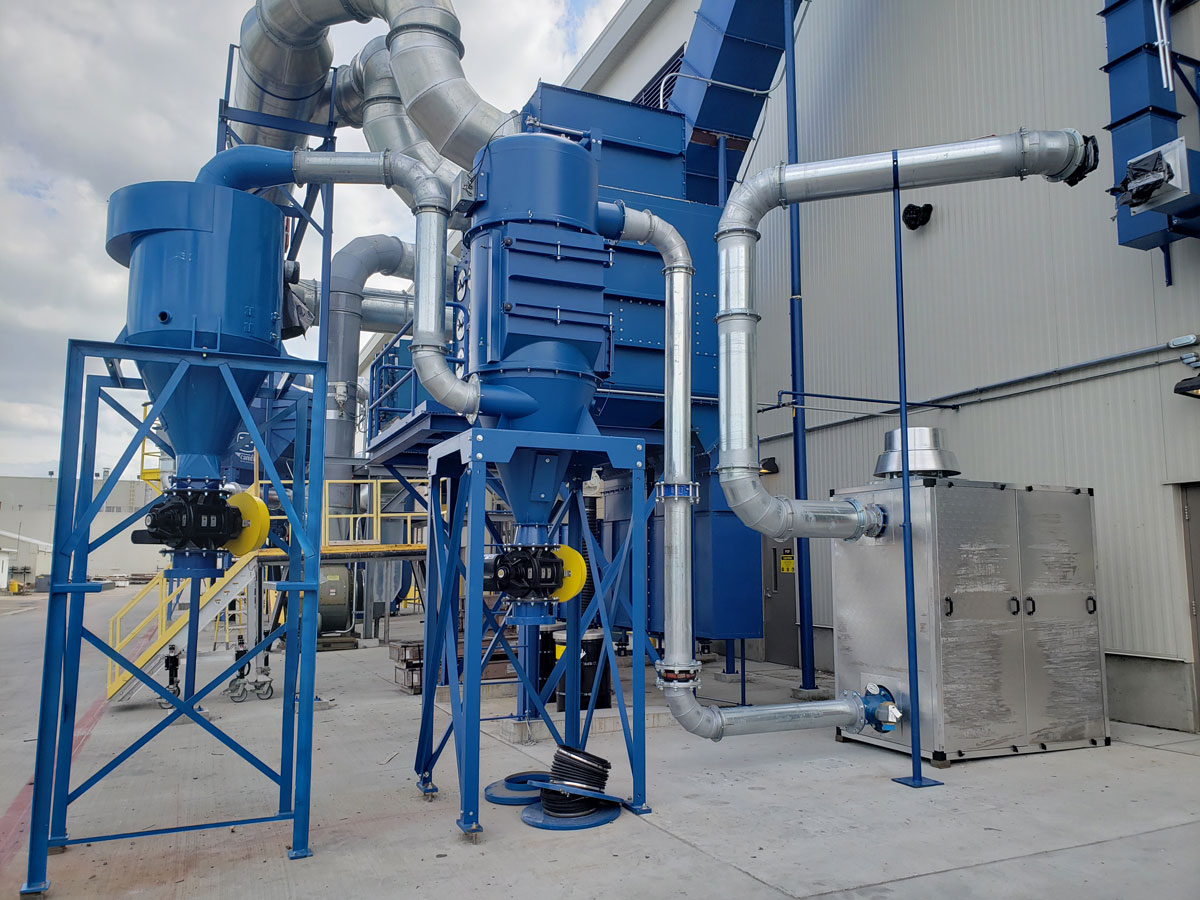Air filtration technology plays a crucial role in enhancing the efficiency and performance of various systems, from industrial machinery to residential HVAC units. By removing contaminants such as dust, pollen, smoke, and microorganisms from the air, these systems ensure cleaner, safer, and healthier environments. In industrial applications, air filters are vital for protecting sensitive equipment, ensuring that the air quality entering machinery remains free from particulates that could cause wear and tear. For instance, in manufacturing processes, contaminants can compromise the quality of the product or cause breakdowns, leading to costly repairs and downtime. Air filtration prevents these issues by capturing harmful particles, thus increasing the lifespan of the equipment and maintaining consistent performance. In HVAC systems, air filtration directly influences both energy efficiency and the health of occupants. Filters help regulate the flow of clean air, allowing systems to operate smoothly without unnecessary strain. When air filters become clogged with dust or dirt, HVAC units must work harder to push air through, leading to higher energy consumption.

Clean filters enable systems to function optimally, reducing the load on motors and fans, which in turn lowers energy usage and cuts operational costs. Additionally, the quality of indoor air can be significantly improved, minimizing allergens, bacteria, and other harmful particles that may be present in the environment. For homeowners, this results in a more comfortable and healthier living space, while businesses benefit from enhanced air quality for employees and customers. In more advanced applications, such as data centers or laboratories, air filtration technology is even more critical. These environments demand an exceptionally clean atmosphere to ensure that sensitive electronics and experiments are not exposed to particulate matter that could interfere with performance or outcomes. Dust can obstruct cooling systems in data centers, leading to overheating, which might cause servers to malfunction or shut down. In these cases, advanced air filtration systems with high-efficiency particulate air HEPA filters or even ultra-low penetration air ULPA filters are used to capture particles as small as viruses or fine dust, ensuring that the integrity of the systems is maintained.
Moreover, Air Filtration technology plays an essential role in improving the sustainability of operations. Many filtration systems are designed to be reusable, allowing for cleaning and recycling, which minimizes waste and reduces the environmental impact. By incorporating energy-efficient filters and improving airflow dynamics, systems can also contribute to a reduction in energy consumption, making them more environmentally friendly. As environmental awareness continues to rise, businesses are increasingly turning to air filtration technology as part of their sustainability initiatives, contributing to greener and more eco-conscious practices. As air quality standards become stricter and technology continues to evolve, air filtration systems are likely to become even more sophisticated. Innovations in materials, such as advanced composite fibers or electrostatic technologies, offer the potential for even higher filtration efficiencies with lower energy consumption. These advancements not only improve performance but also help businesses meet increasingly stringent regulatory requirements for air quality in both industrial and commercial settings. Ultimately, the role of air filtration technology is integral to the efficiency, performance, and longevity of systems across a wide range of industries, helping to safeguard both equipment and the environment.